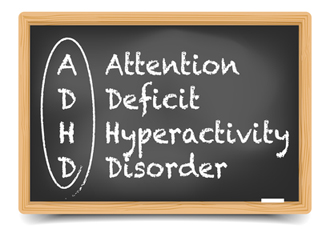ADHD in Secondary Schools
Attention Deficit Hyperactivity Disorder affects about 5% of all children and adults.
Unlike other special education conditions, children and adolescents with ADHD are frequently blamed for having the condition, perceived as hostile or unmotivated, lazy or cheeky.

When ADHD goes untreated it becomes a serious condition affecting self-esteem, motivation, behaviour, self-confidence and relationships with adults and peers. ADHD is a high-stakes condition and it needs to be recognised that students who have it didn’t choose to be the way they are.

ADHD is a condition that is caused by brain chemistry and activity. It is a neurobiological condition. People with ADHD often have difficulty paying attention and concentrating, especially on things that require sustained attention and concentration.
The can have problems controlling their emotions and impulses, can rush to finish things or have considerable difficulty waiting their turn. They often ask questions without thinking them through and sometimes make unfortunate comments in front of others.
ADHD is a life-long condition. One never grows out of it but the symptom picture changes over time. Often the impulsivity and high level of activity, if they were initially present, disappear in the teen years.
The learning problems associated with ADHD do not go away easily and it is vitally important for them to be addressed in school. As in the case of children on the autistic spectrum, once educators and schools get it correct for children with ADHD they have improved the educational provision of all children.
Understanding is critically important. Adolescents with significant ADHD do not chose to be in trouble with and in conflict with adults. Constant rejection and criticism, constant punishment, and in severe cases expulsion from school is not the answer. Corrective teaching is the answer and appropriate support from specialist teachers is vital.
Source: David Carey Psychologist, Visit Davids Website




